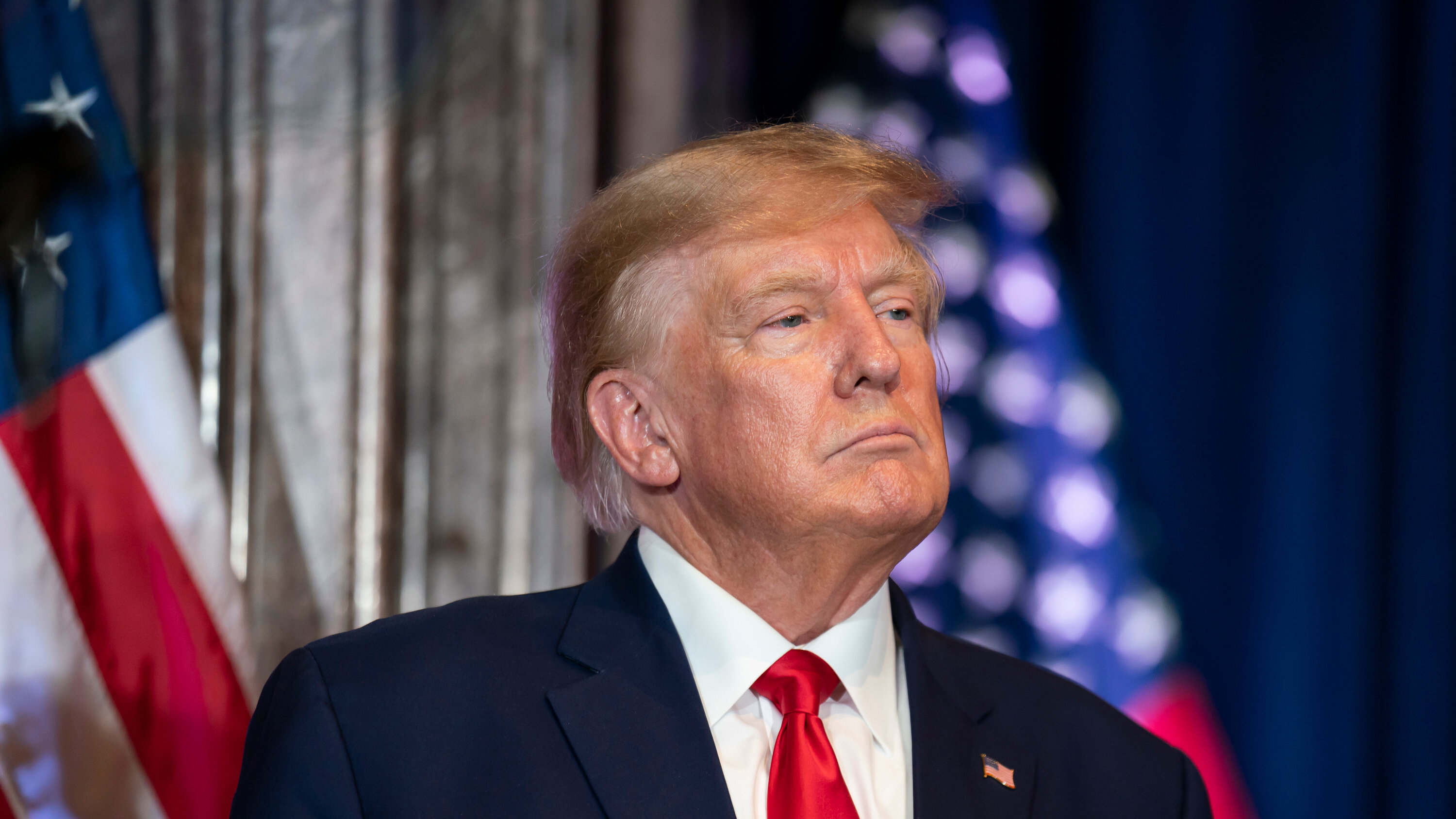Exploring The Future: When Will Trump Die?
As a public figure and former president, Donald Trump has been a topic of discussion not only for his policies but also for his health and longevity. Conversations surrounding his potential death often arise, fueled by the natural human curiosity about the lifespan of influential figures. While it is inappropriate to speculate on someone's demise, analyzing the factors that contribute to longevity can provide some insights.
In the case of Donald Trump, his age, lifestyle, and medical history play significant roles in understanding his potential lifespan. Born on June 14, 1946, Trump has enjoyed a life in the public eye, which includes both significant successes and controversies. Additionally, the political landscape and public interest in his person often lead to discussions about his health and future.
Ultimately, while we can analyze various factors, predicting the exact moment of someone's death remains elusive. This article seeks to delve deeper into the life of Donald Trump, addressing the question: when will Trump die? We will explore his biography, health, and the general public fascination with his longevity.
Who is Donald Trump? A Brief Biography
Donald John Trump is an American businessman, television personality, and politician who served as the 45th president of the United States from January 20, 2017, to January 20, 2021. He was born in Queens, New York City, and earned an economics degree from the Wharton School of the University of Pennsylvania. Before his presidency, Trump was known for his real estate empire and for hosting the reality TV show "The Apprentice."
| Personal Details | Bio Data |
|---|---|
| Name | Donald John Trump |
| Date of Birth | June 14, 1946 |
| Nationality | American |
| Occupation | Businessman, Politician, Television Personality |
| Political Party | Republican |
| Term in Office | 2017 - 2021 |
What Health Challenges Has Trump Faced?
Throughout his life, Donald Trump has encountered various health challenges, including obesity and high cholesterol, which have raised concerns about his overall wellness. In 2018, he underwent a comprehensive medical examination that revealed he was in good health for someone of his age. However, the long-term effects of his lifestyle choices warrant attention.
How Does Age Affect Longevity?
As of now, Trump is in his mid-70s, an age when many individuals experience significant health challenges. Age is a crucial factor when predicting life expectancy, as it is associated with various health risks. Understanding the average lifespan of individuals in similar demographics can provide insights into the potential longevity of Trump.
What Role Does Lifestyle Play in Longevity?
Trump's lifestyle choices, including diet and exercise, significantly influence his health. While he has acknowledged enjoying fast food, his exercise routine has been less than rigorous. Maintaining a balanced diet and an active lifestyle are essential components of longevity, and examining Trump's habits may shed light on his health prospects.
When Will Trump Die? Analyzing Predictions
While it is impossible to definitively predict when Trump will die, various factors can be analyzed to make educated guesses. Medical advancements, access to healthcare, and personal choices all contribute to one's lifespan. Many experts suggest that with proper healthcare and lifestyle changes, individuals can significantly extend their life expectancy.
What Do Public Opinions Say About Trump's Longevity?
The public's fascination with Donald Trump's life extends beyond politics and into the realm of health. Conversations surrounding his health often reflect broader societal attitudes toward aging and mortality. Polls and social media discussions frequently touch on the topic of Trump’s longevity, revealing a mix of concern, curiosity, and sometimes, insensitivity.
How Does Media Influence Perception of Trump's Health?
Media coverage plays a significant role in shaping public perception of Trump's health and longevity. Sensationalist headlines and speculation can lead to misinformation, causing the public to form opinions based on incomplete data. It is essential to approach such topics with caution and rely on credible sources.
Can We Predict When Trump Will Die?
In conclusion, while many may wonder when Trump will die, it is crucial to understand the factors influencing longevity rather than attempting to predict an exact date. His health, lifestyle choices, and age are all elements to consider, but life remains inherently unpredictable. As we continue to analyze Trump's life and health, it is essential to engage in respectful and informed discussions about mortality and longevity.
Ultimately, rather than focusing on when Trump will die, it may be more beneficial to consider how we can promote healthier lifestyles and practices for ourselves and others. After all, longevity is not merely a matter of years but the quality of life we experience along the way.
Article Recommendations
- Exploring Zone436 A Comprehensive Guide To The Ultimate Gaming Experience
- Latest News On Bob Seger A Timeless Legend Returns
- Ed Hochuli The Legendary Nfl Referee And His Impact On Football


